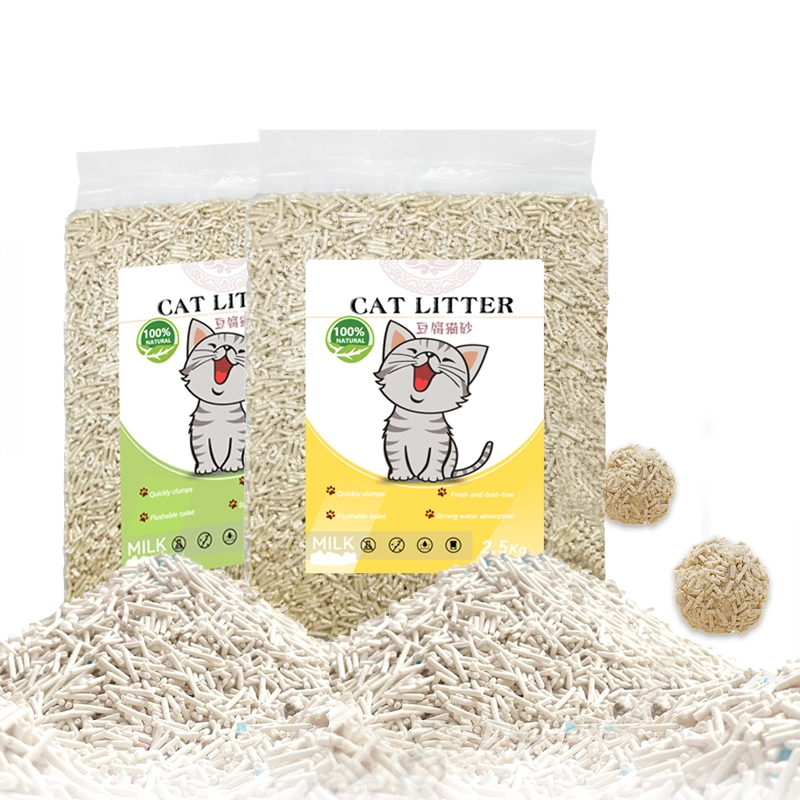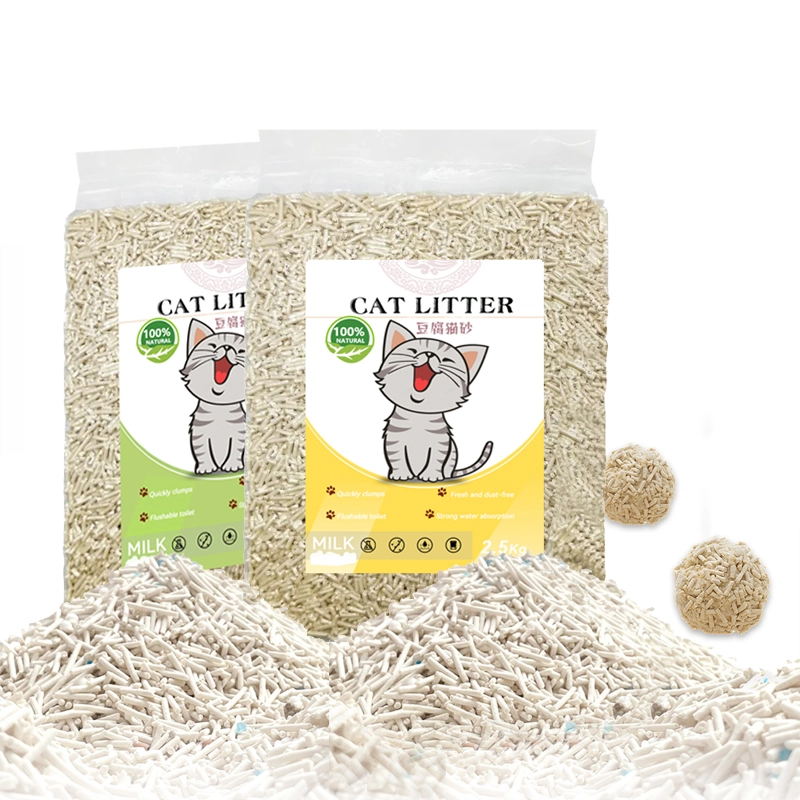cat litter
Unlocking the Secrets of Choosing the Best Cat Litter for Your Feline Friend

Selecting the right cat litter can make a significant difference not only in maintaining a clean and odor-free home but also in ensuring the health and happiness of your feline friend. The journey to discover the best cat litter involves understanding various types, their benefits, and how they align with your cat's needs and your lifestyle. As a seasoned pet care professional, here's a detailed guide to help you navigate this essential aspect of cat ownership.
Understanding Your Cat's Preferences

Cats can be quite particular about their litter, making it crucial to consider their preferences. Some cats are sensitive to certain textures, which might deter them from using the litter box. Clumping clay litter is popular due to its ability to easily scoop waste, while natural alternatives like pine or corn offer a more eco-friendly option. Observing your cat’s behavior with different types can provide insights into their comfort, which directly impacts litter box usage.
Exploring Different Types of Cat Litter
1. Clumping Clay Litter Composed primarily of bentonite, this litter forms tight clumps on contact with moisture, facilitating easy scooping. It's preferred for its excellent odor control but may produce dust, which isn't ideal for cats or owners with respiratory issues.
2. Silica Gel Litter Known for its superior moisture absorption and odor trapping capabilities, silica gel litter remains a low-dust option. This type typically requires less frequent changes, though some cats may dislike the texture under their paws.
3. Biodegradable Litter Options like wood, corn, and wheat are gaining popularity for being environmentally friendly. These litters decompose naturally and reduce your household's carbon footprint. They vary in clumping ability and scent control, making it important to choose one that suits both your needs and your cat's comfort.
cat litter
4. Non-Clumping Clay Litter Often the most economical choice, this traditional litter absorbs moisture without forming clumps. It requires frequent changing to manage odor but is generally low in dust, making it a practical choice for many households.
Health Considerations and Expert Recommendations
Veterinarians often emphasize the importance of a low-dust litter to prevent respiratory issues in both cats and humans. Additionally, unscented varieties reduce the risk of allergies and are often less abrasive to sensitive paws. A multi-cat formula might be more appropriate in households with several cats, as they are formulated to handle increased usage while minimizing odors.
Ensuring Trust and Reliability in Your Choice
Opt for reputable brands known for quality and consistency to ensure safety and reliability in your cat litter choice. Product reviews and expert endorsements can offer valuable insights, helping you make an informed decision. Additionally, consulting your veterinarian can provide tailored advice based on your cat's specific health and behavioral needs.
The Importance of Creating a Comfortable Environment
The placement of the litter box is just as important as the type of litter you choose. Ensure it's in a quiet, easily accessible area to encourage regular use. Regular cleaning and maintenance are crucial, as a dirty box may deter your cat and lead to undesirable elimination behaviors.
In conclusion, the right cat litter contributes significantly to the wellbeing of both your cat and your environment. By prioritizing factors like health, convenience, and environmental impact, you can find a solution that harmonizes with your daily life while keeping your feline friend content. Whether you’re switching litters or selecting for the first time, remember that your cat’s comfort and your peace of mind go hand in hand.







